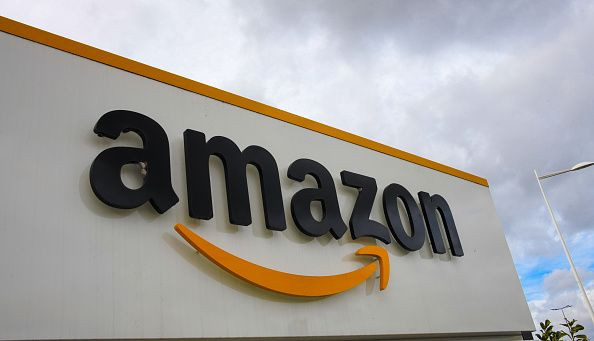Amazon Beats Apple, Google As World's Most Valuable Brand

For the first time, Amazon has become the world’s most valuable corporate brand displacing Apple and Google, which together have held the top spot at one time or another for the past 12 years.
Amazon’s brand was worth $315.5 billion in 2019, up 52 percent year-on-year, according to the BrandZ Top 100 Most Valuable Global Brand 2019, compiled by WPP research agency Kantar. The rankings released Tuesday saw Apple in second with a brand value of $309.5 billion (up 3 percent) and Google third at $309 billion (up 2 percent). Google was number one in 2018.
Tech, finance and retail brands dominate the overall brand rankings for 2019. They comprise more than two-thirds of the total brand value. Luxury is the fastest-growing category.
Eight of the top 10 most valuable brands are American while the remaining two are Chinese. The rankings from fourth to tenth:
* Microsoft, $251.2 billion
* Visa, $177.9 billion
* Facebook, $159 billion
* Alibaba, $131.2 billion
* Tencent, $130.9 billion
* McDonald’s, $130.4 billion
* AT&T, $108.4 billion
Amazon has been increasing investments in a range of companies as growth in its core delivery business slows down. It’s also become more efficient.
"With its devotion to removing friction from every part of the customer experience, Amazon has changed what consumers expect from brands," David Roth, CEO of The Store WPP EMEA, said in the report.
"With its pioneering efforts in cloud computing, Amazon has changed what businesses expect from their suppliers and partners."
The report said Amazon has relentlessly used data-driven decision-making to fashion streamlined and personalized experiences for its customers. It also continues to invest in new businesses such as electric vehicle maker, Rivian LLC, hence its far stronger brand.
“Amazon’s phenomenal brand value growth of almost $108 billion in the last year demonstrates how brands are now less anchored to individual categories and regions,” said Doreen Wang, Kantar’s global head of BrandZ.
“The boundaries are blurring as technology fluency allow brands, such as Amazon, Google and Alibaba, to offer a range of services across multiple consumer touchpoints.”
Kantar calculated the value of each company’s brand by multiplying its earnings by the strength and growth potential of a firm's equity. To qualify for the ranking, a brand must be publicly traded, or publish their financial results.
BrandZ’s list combines measures of brand equity based on interviews with more than three million consumers and thousands of brands. Kantar also analyzes each company’s business and financial performance, using data from Kantar Worldpanel.
© Copyright IBTimes 2024. All rights reserved.




















